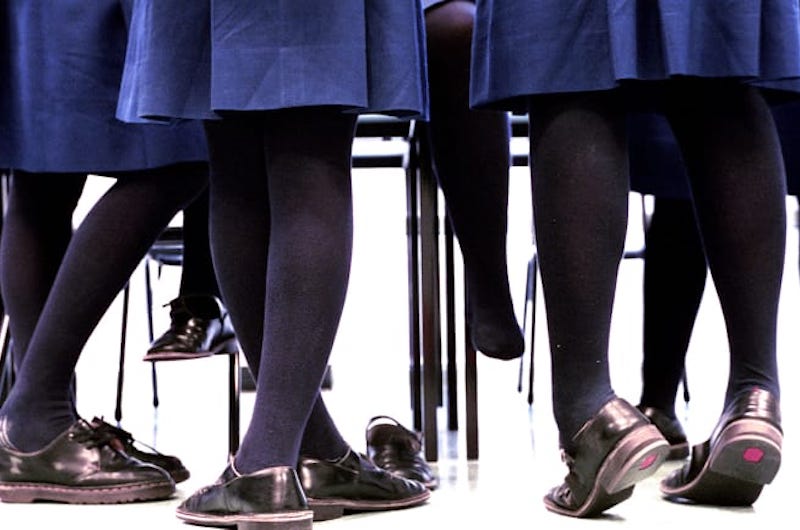
21 May The ‘aitch’ or ‘haitch’ debate has a dark side
21 May 2018
A good number of Australians hate it when people refer to the letter “h” as “haitch”. They hate it with a passion.
While the “haitch” pronunciation is often linked to Irish Catholic education in times when Australian society was divided along sectarian lines, no research has conclusively established its true history. But whatever its origins, it continues to be regarded as a marker of “lower” segments of society.
In a recent talkback radio segment about language discrimination, one caller said his mother has a physical reaction when she hears “haitch”. Another explained that she so hates to hear people say “haitch” that she will not listen to the radio at all during HSC time. And another reported that as a pupil in a rural convent school, anyone who said “haitch” would get the ruler.
These foibles may seem like harmless banter about the texture of our language, but attitudes like this have a decidedly dark side.
For a start, they are irrational. People have a hard time explaining why “haitch” is wrong or bad. Often it is just a bodily response. But emotions like disgust and contempt mess with our critical faculties and lead us to ignore reason and instead go with our gut. It is easy to imagine that caller’s mother rejecting a job applicant because they said “haitch”. But why use such a superficial signal as a basis for determining a person’s true qualifications and capacities? It is not just discriminatory, but the haitch-hating employer may be depriving themselves of the best candidate for the job.
Similarly, the person who turns off the radio because they can’t stand to hear people say “haitch ess see” is depriving themselves of information and insights that they would normally find useful.
The problem gets worse when our feelings about language lead us to threaten violence over how others pronounce their words—independent of the content of what they are saying. This ranges from convent girls getting the ruler for saying “haitch”, to people being taken off planes for speaking Arabic on their phones, to people being beaten up in the street for conversing in a community language.
The licence to feel disgust or hate towards a way of speaking, and an entitlement to punish that way of speaking, is easily transferred from quibbles over pronunciation all the way to the suppression of entire languages. Someone who says that haitch-sayers should be silenced or sanctioned is using the same form of irrational and intolerant reasoning that has led to minority languages, and their associated social identities, going into hiding.
Indigenous children in colonial nations like Australia and Canada have suffered everything from shame to corporal punishment for speaking their native language in schools, boarding houses, and public places. Suppression of minority languages is driven by passions that are both ill-informed and brutal. This suppression continues across the world today, wherever any of the world’s 6,000 or so non-official languages are spoken.
If given a choice, most people will prefer to avoid shame or punishment, and so if a person’s language is fair game, they will naturally avoid using it altogether, choosing instead to blend in. A sure result is a fatal break in the transmission of the language to subsequent generations, as has happened in the history of many Australian Indigenous languages.
Peeves about the details of language are everyday occurrences, and they may appear to be harmless. But they reflect a sinister combination of superficial evaluation, emotive judgment, and tribal prejudice. As such, language attitudes are among the enemies of reason and progress.
So, to borrow from Voltaire: You may disapprove of my saying “haitch”, but you should defend to the death my right to say it.
Image: There is no conclusive evidence linking ‘haitch’ to an Irish Catholic education. as is widely believed. CREDIT:ERIN JONASSON
Originally published on The Sydney Morning Herald



Sorry, the comment form is closed at this time.